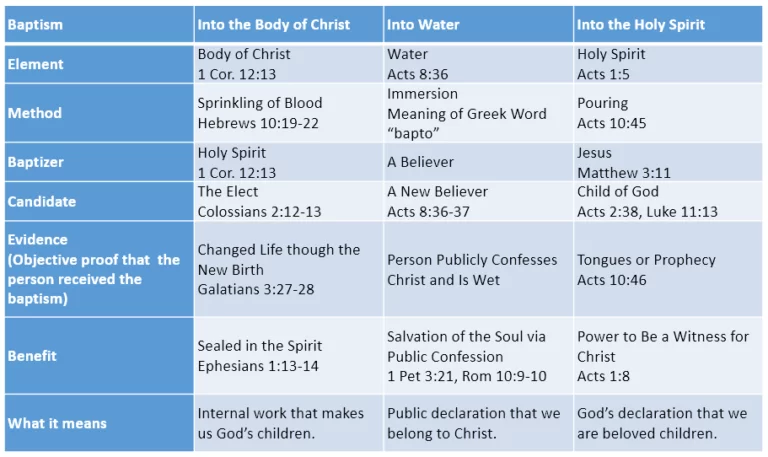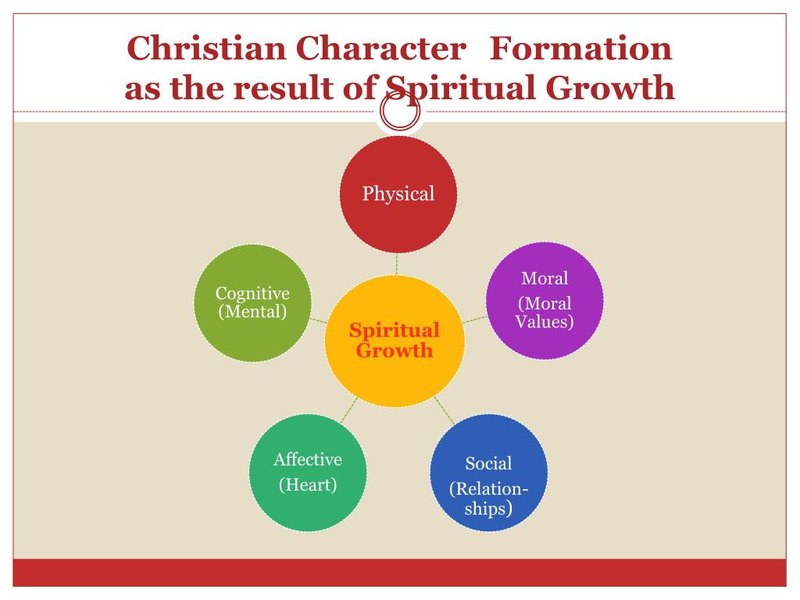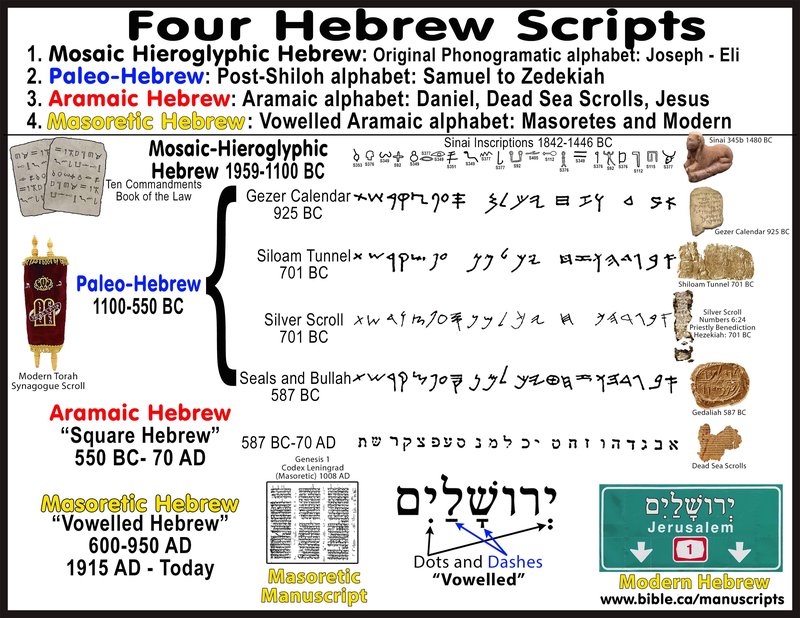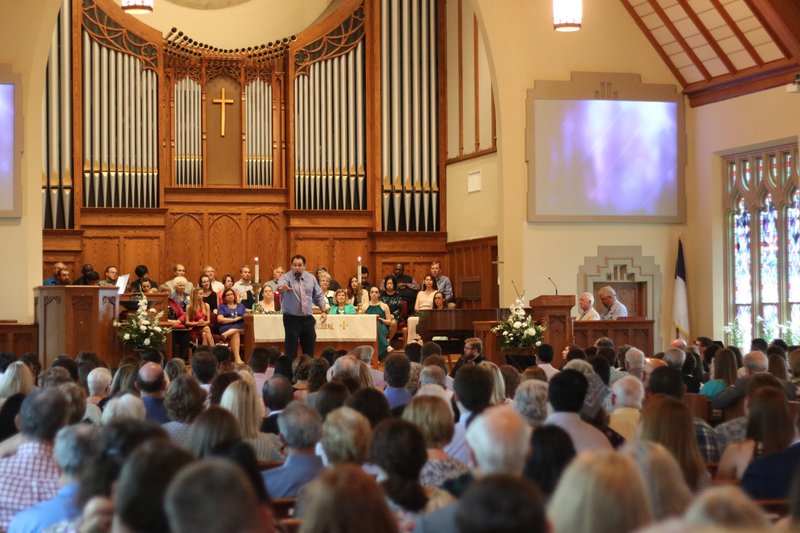· Core Beliefs · 7 min read
Exploring Church History: Early Church Fathers to Modern Movements
Discover the fascinating journey of Christianity from the Early Church Fathers to Modern Movements. Delve into the writings of key figures, learn about major church councils, explore the impact of Reformation leaders, and uncover the legacy of historical Christian martyrs.
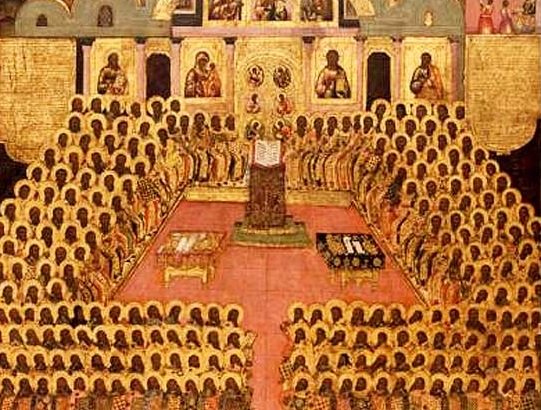
Exploring Church History: Early Church Fathers to Modern Movements
Christianity has a rich history that spans centuries, and understanding the development of the faith can provide valuable insights into its beliefs and practices. From the early church fathers who laid the foundation of Christian theology to modern movements that have shaped the Church today, this article will explore key aspects of church history. We will delve into the writings and contributions of early church fathers, major church councils, key figures of the Reformation, significant modern church movements, and the courageous martyrs who sacrificed their lives for their faith.
1. Who were the early church fathers and what were their writings?
The early church fathers were influential Christian theologians and writers who lived during the Patristic Era, from the late 1st to mid-8th centuries. They played a crucial role in establishing the intellectual and doctrinal foundations of Christianity. Some notable early church fathers include Augustine of Hippo, Origen, Tertullian, Justin Martyr, and Athanasius.
These early church fathers left behind a wealth of writings that provided insights into their understanding of Christian doctrine and practice. Their works covered a wide range of topics, including theology, apologetics, biblical interpretation, and ecclesiastical organization. For example, Augustine’s “Confessions” is an autobiographical work that explores his journey to faith, while Origen’s “Against Celsus” defends Christianity against its critics.
According to Nicholas Needham’s article “What Should Protestants Know about the Early Church Fathers?”, Luther, Calvin, and other Protestant reformers considered themselves disciples of the early church fathers. They found theological resources in the writings of these fathers. Understanding the writings of the early church fathers can provide valuable insights into the development of Christian thought and help us navigate theological questions in our modern context.
2. What were the major church councils and what did they accomplish?
Throughout history, the Church has convened major councils to address theological controversies and establish orthodox teachings. These councils played a crucial role in shaping Christian doctrine. Two notable examples are the Council of Nicaea (325) and the Council of Chalcedon (451).
The Council of Nicaea was convened to address the Arian controversy, which centered around the nature of Christ. The council affirmed that Jesus Christ is fully divine and of the same substance as God the Father, as stated in the Nicene Creed. This council not only resolved doctrinal disputes but also established a unified understanding of Christ’s divinity within the Church.
The Council of Chalcedon addressed the nature of Christ as both fully divine and fully human. It affirmed that Christ is one person with two natures: fully God and fully man, without mixture or confusion. This council’s definition became a cornerstone of orthodox Christology and helped shape the understanding of Jesus within the Church.
3. Who were the key figures of the Reformation and what were their contributions?
The Reformation was a significant movement in church history that led to profound changes within Christianity. Several key figures played essential roles in this movement, challenging the existing practices and doctrines of the Catholic Church.
Martin Luther, a German monk, initiated the Reformation by posting his Ninety-Five Theses in 1517. Luther’s emphasis on justification by faith alone and his translations of the Bible into vernacular languages sparked widespread interest and led to reforms within the Church.
John Calvin, a French theologian, developed Reformed theology and established a model of church governance known as Presbyterianism. His influential work “Institutes of the Christian Religion” provided a systematic exploration of Protestant theology.
Huldrych Zwingli, a Swiss reformer, advocated for Scripture as the sole authority in matters of faith and practice. He played a significant role in establishing the Reformation in Switzerland and contributed to the development of Reformed theology.
The contributions of these key figures, along with others like John Knox and William Tyndale, shaped the Protestant movement and led to the establishment of various denominations that continue to thrive today.
4. What are some significant modern church movements?
In addition to the early church fathers and the Reformation, there have been several significant church movements in more recent history that have influenced Christianity. These movements have emerged in response to cultural shifts and have sought to renew and revitalize the Church’s mission.
The Pentecostal movement, which began in the early 20th century, emphasized spiritual gifts, including speaking in tongues, divine healing, and prophecy. It brought a renewed focus on the power of the Holy Spirit and personal spiritual experience within Christianity.
The Charismatic movement, which emerged in the mid-20th century, sought to bring the experiences and gifts of the Holy Spirit into mainstream denominations. It emphasized the importance of spiritual gifts such as prophecy, healing, and speaking in tongues.
The Evangelical movement, which gained momentum in the 18th century and continues to be influential today, emphasizes the authority of Scripture, personal conversion, and evangelism. Evangelicals focus on sharing the Gospel message and actively living out their faith in society.
These are just a few examples of modern church movements that have impacted Christianity. Each movement brings its unique emphasis and has contributed to the diverse tapestry of Christian practice and belief.
5. Who were some historical Christian martyrs and why are they significant?
Throughout history, countless Christians have paid the ultimate price for their faith as martyrs. Their unwavering commitment to Christ even in the face of persecution has inspired generations of believers.
One notable example is Polycarp of Smyrna, who was a disciple of the apostle John. When faced with execution for refusing to renounce his faith, he famously declared, “Eighty-six years I have served Christ, and He has never done me wrong. How can I blaspheme my King who saved me?” Polycarp’s steadfastness in the face of death serves as a powerful example of courage and devotion to Christ.
Another significant figure is Perpetua, a young Christian woman martyred in the Roman arena in the 3rd century. Despite the pleas of her family and the threat of death, she chose to remain faithful to her Christian beliefs. Her diary, known as “The Martyrdom of Perpetua and Felicity,” provides a firsthand account of her martyrdom and serves as a testament to her unwavering faith.
These martyrs, along with countless others throughout history, bear witness to the enduring power of faith in the face of adversity. Their stories inspire believers to stand firm in their convictions and demonstrate the transformative impact of Christianity even in the most challenging circumstances.
As we explore church history from early church fathers to modern movements, it is important to recognize the sacrifices made by these courageous individuals and draw inspiration from their unwavering commitment to Christ.
Conclusion
Church history is a tapestry woven with the contributions of early church fathers, major church councils, key figures of the Reformation, modern church movements, and historical Christian martyrs. Understanding these aspects allows us to grasp the development of Christian theology, navigate theological questions, and appreciate the sacrifices made by those who have come before us.
By studying the writings of early church fathers, we gain insight into the foundations of Christian thought. The major church councils played crucial roles in defining orthodox teachings and shaping Christian doctrine. The Reformers challenged existing practices and doctrines, leading to significant changes within Christianity. Modern church movements continue to bring renewal and revitalization to the Church today. Lastly, historical Christian martyrs inspire us with their unwavering commitment to Christ.
As we explore church history, it is essential to approach the topic with a commitment to credible, expert knowledge and uphold the principles and best practices of Christianity. By engaging with this rich history, we can deepen our understanding of the faith and apply its lessons to our lives in a meaningful way.
